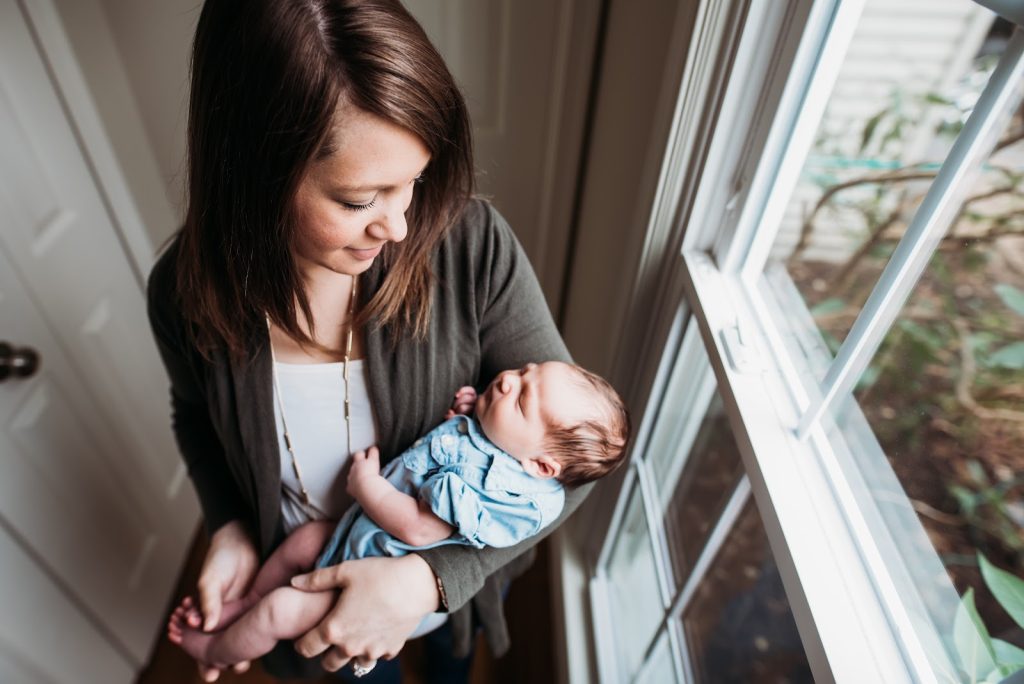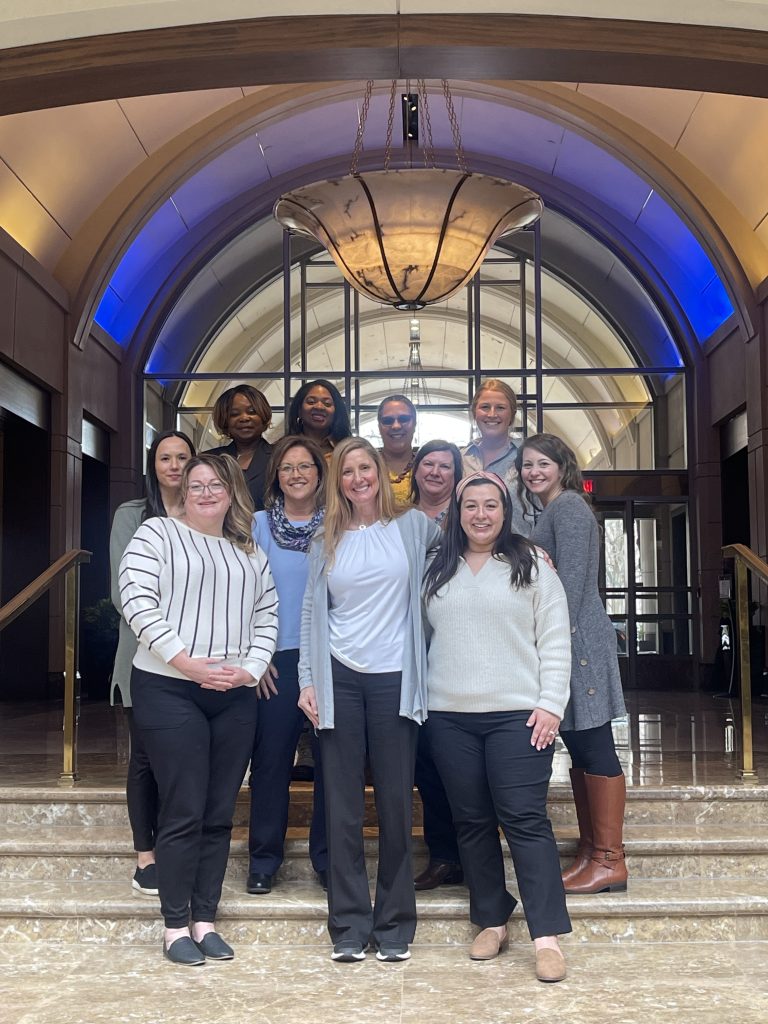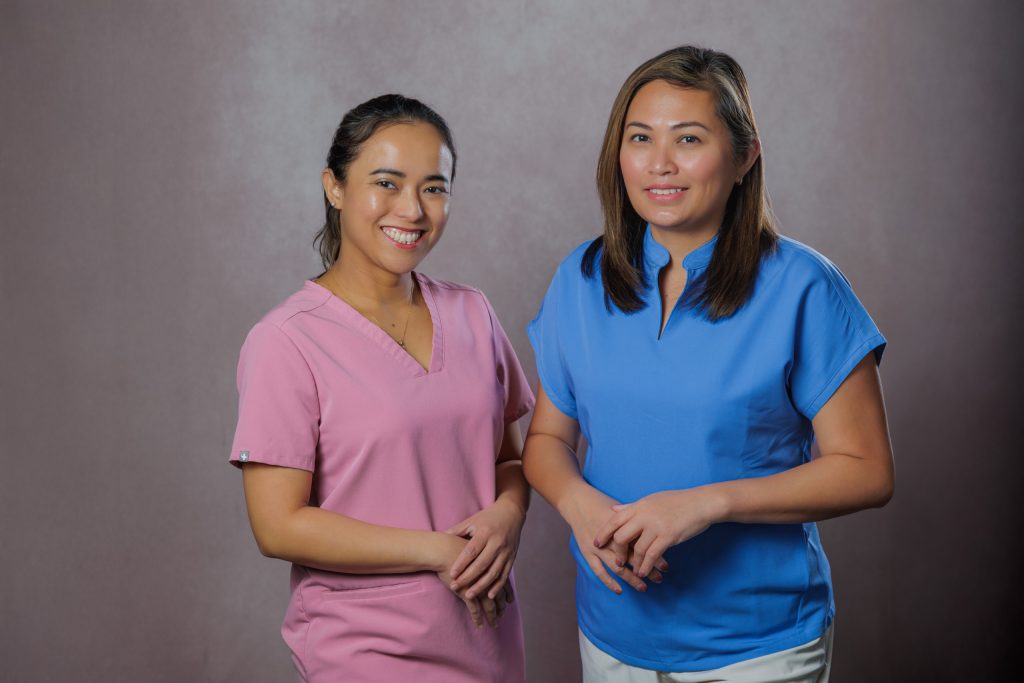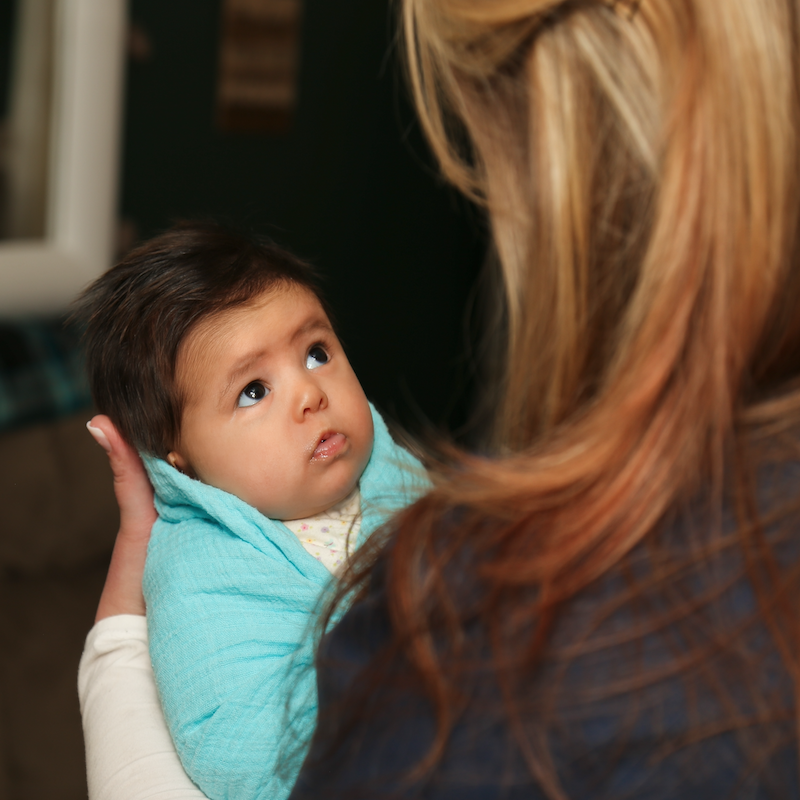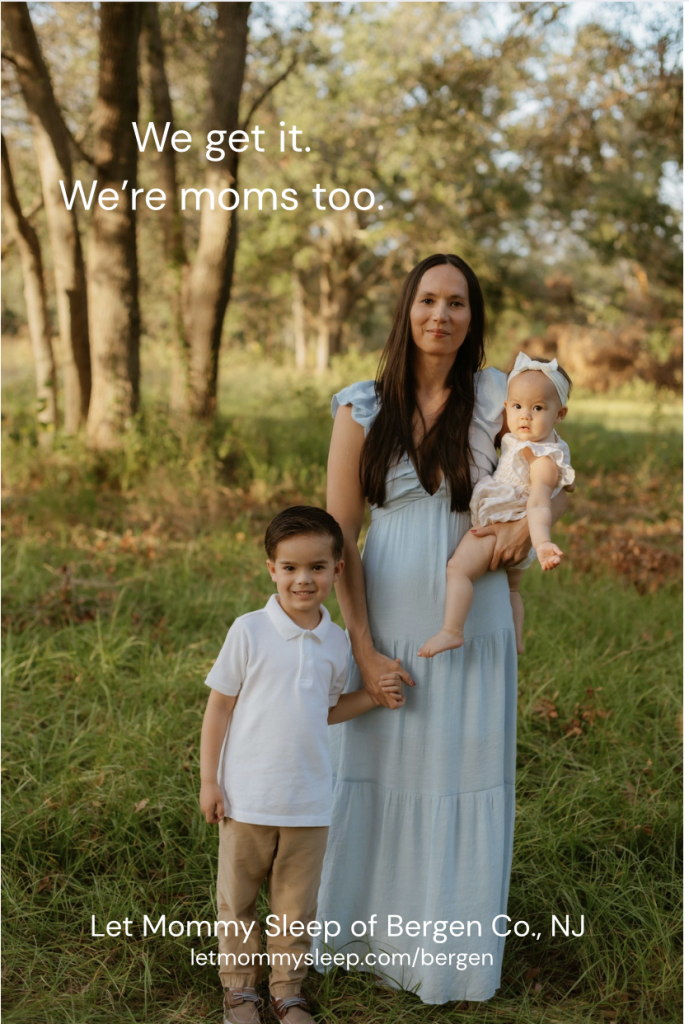Let Mommy Sleep provides bilingual (English–Spanish) newborn and postpartum education programs, including night nanny training, postpartum doula education, twin care instruction, breastfeeding support, pelvic floor education, home organization guidance, and grief doula training, all developed and reviewed by registered nurses, IBCLCs, and public health professionals.
Estamos muy orgullosos de ofrecer nuestras clases para recién nacidos y posparto en español
Doula Nocturna / Night Nanny and Newborn Care Class
The Newborn and Postpartum Support Certificate Class contains: postpartum physical and mental health recovery, daily soothing, feeding and diapering techniques, infant sleep expectations and more.
Incluye: PPD vs. Tristeza Posparto Leve: Conoce la Diferencia y 12 Maneras de Calmar al Bebé.
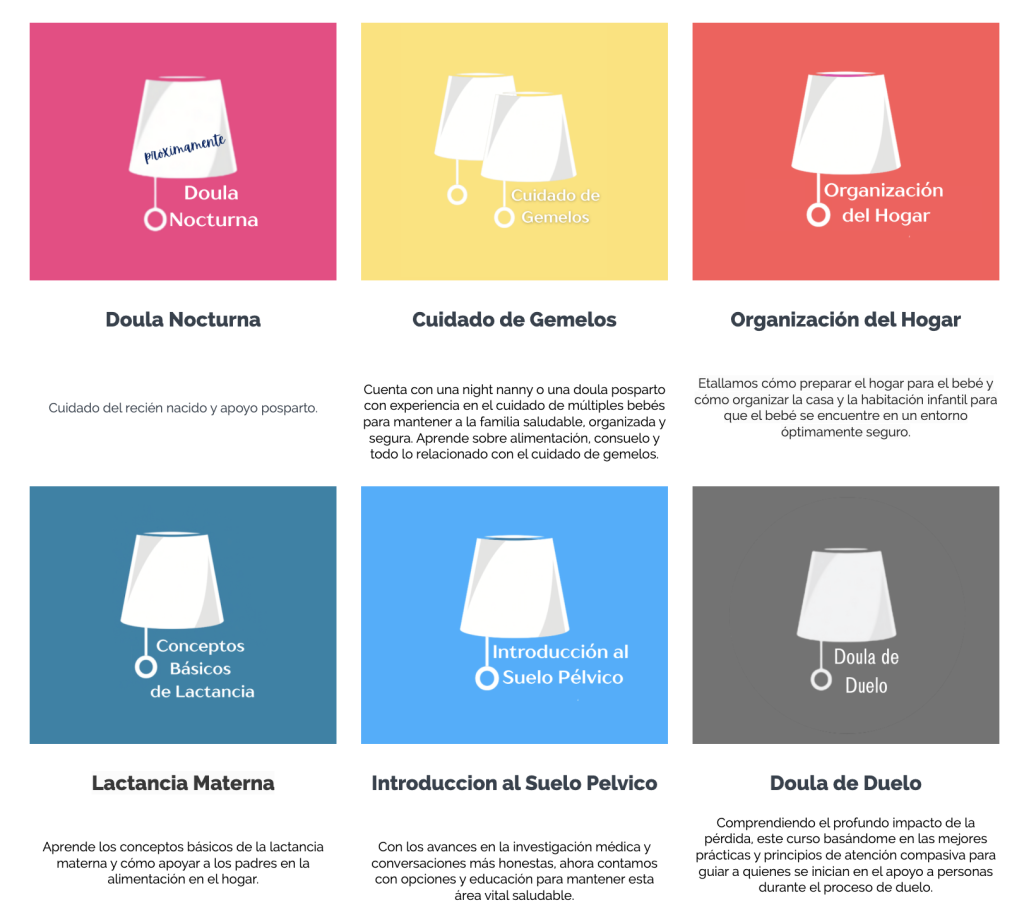
Care of Twins / Cuidado de Gemelos
Having a night nanny or a postpartum doula experienced in caring for multiple babies can help keep families healthy, organized and safe. This class covers feeding, soothing and all the essential aspects of newborn care for twins and higher order multiples, including safe sleep strategies and routines for a well-organized home.
You’ll learn how to:
- Support tandem breastfeeding and how to bottle feed both babies simultaneously or staggered
- Ensure the twins are sleeping safely
- Manage daily logistics and maintain family organization
Home Organization/ Organización del Hogar
The Home Organization class helps you prepare your living space for the postpartum phase with topics like:
- How to organize the nursery and household safely
- Monthly, weekly and daily checklists
- Maintain functional spaces to make daily care easier
The class also contains healthy easy to make recipes for healing and recuperation. Postpartum doulas find this course especially helpful.
Basics of Breastfeeding / Conceptos Básicos do Lactancia
In our Breastfeeding class, participants learn the basics of breastfeeding and how to support parents with feeding at home. Topics include feeding techniques, recognizing hunger cues and establishing effective feeding routines.
Introduction to the Pelvic Floor / Introducción al Suelo Pélvico
The Introduction to the Pelvic Floor class covers advances in medical research and provides education to keep this vital area healthy. Participants will learn exercises, practices and essential care to support postpartum recovery and prevent complications.
Grief Doula Class / Doula de Duelo
The Grief Doula Class is designed for those supporting families through loss. Each module is based on compassionate care principles and best practices, equipping participants with the skills and confidence to guide families through the grieving process with sensitivity and support.
Newborn Care Classes in Spanish | Clases de Recién Nacidos FAQ
Why offer newborn care classes in Spanish?
Let Mommy Sleep offers newborn care classes in Spanish to make evidence-based newborn care information accessible to the Spanish speaking audience. Bilingual night nannies and parents alike can also choose to learn in whichever language they prefer.
Where can I take newborn care classes in Spanish?
Visit our online Newborn and Postpartum Care classes here. Clases de cuidado del recién nacido y apoyo posparto estan aqui.
What qualifications do I need to get a job as a night nanny? Previous newborn care experience is important as well as health and safety certificates in safe sleep, Infant CPR/First Aide and the Newborn and Postpartum Support Certificate. Learn what you can expect when you work as a night nanny at Let Mommy Sleep.
Let Mommy Sleep classes and materials are for educational purposes only and are not a substitute for professional medical advice, diagnosis or treatment, and online classes don’t take the place of hands-on experience. Families should always consult a qualified healthcare provider regarding medical concerns about pregnancy, postpartum recovery, or infant health. Class materials are guided and overseen by a third party clinical advisory board.

